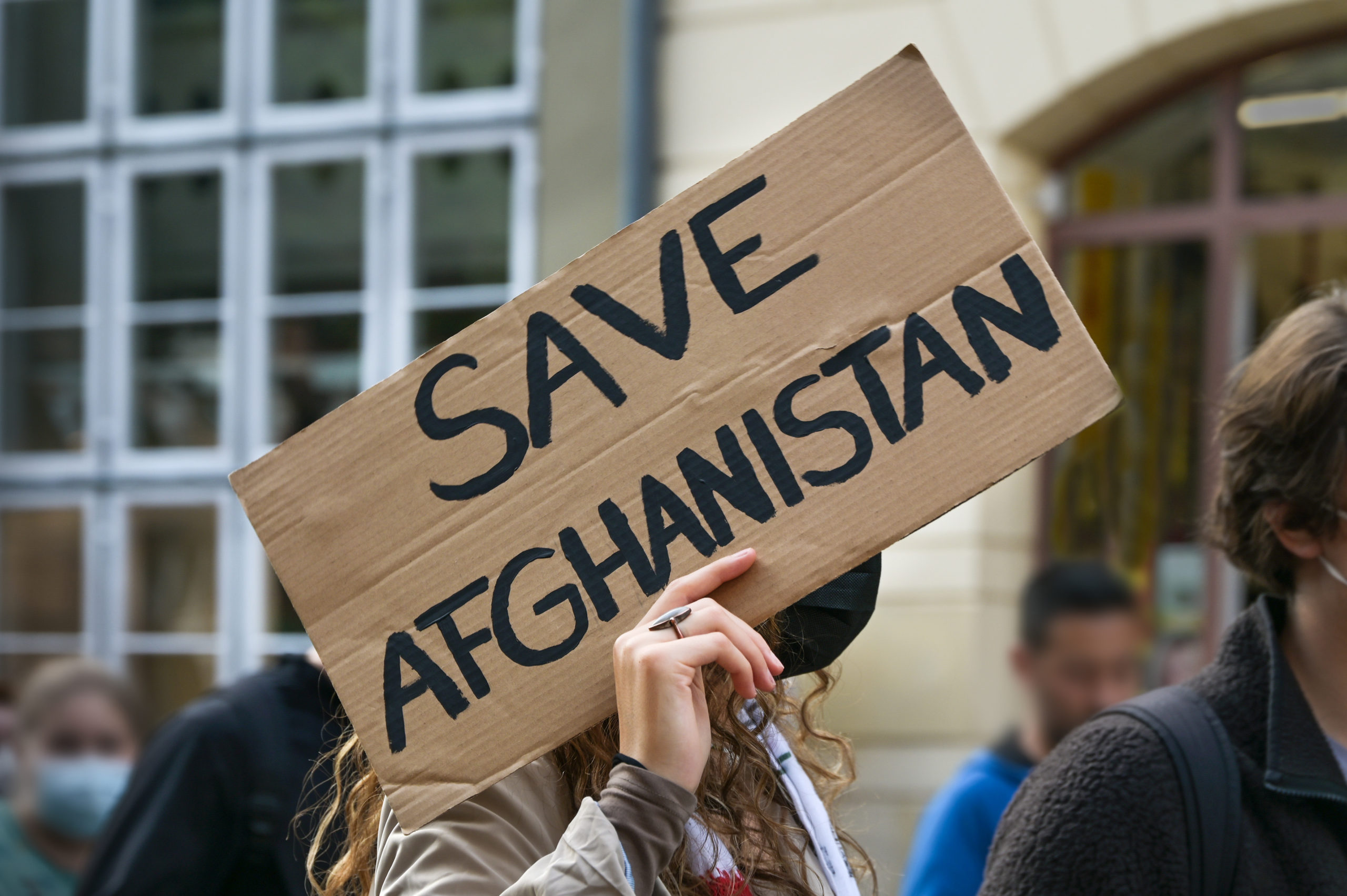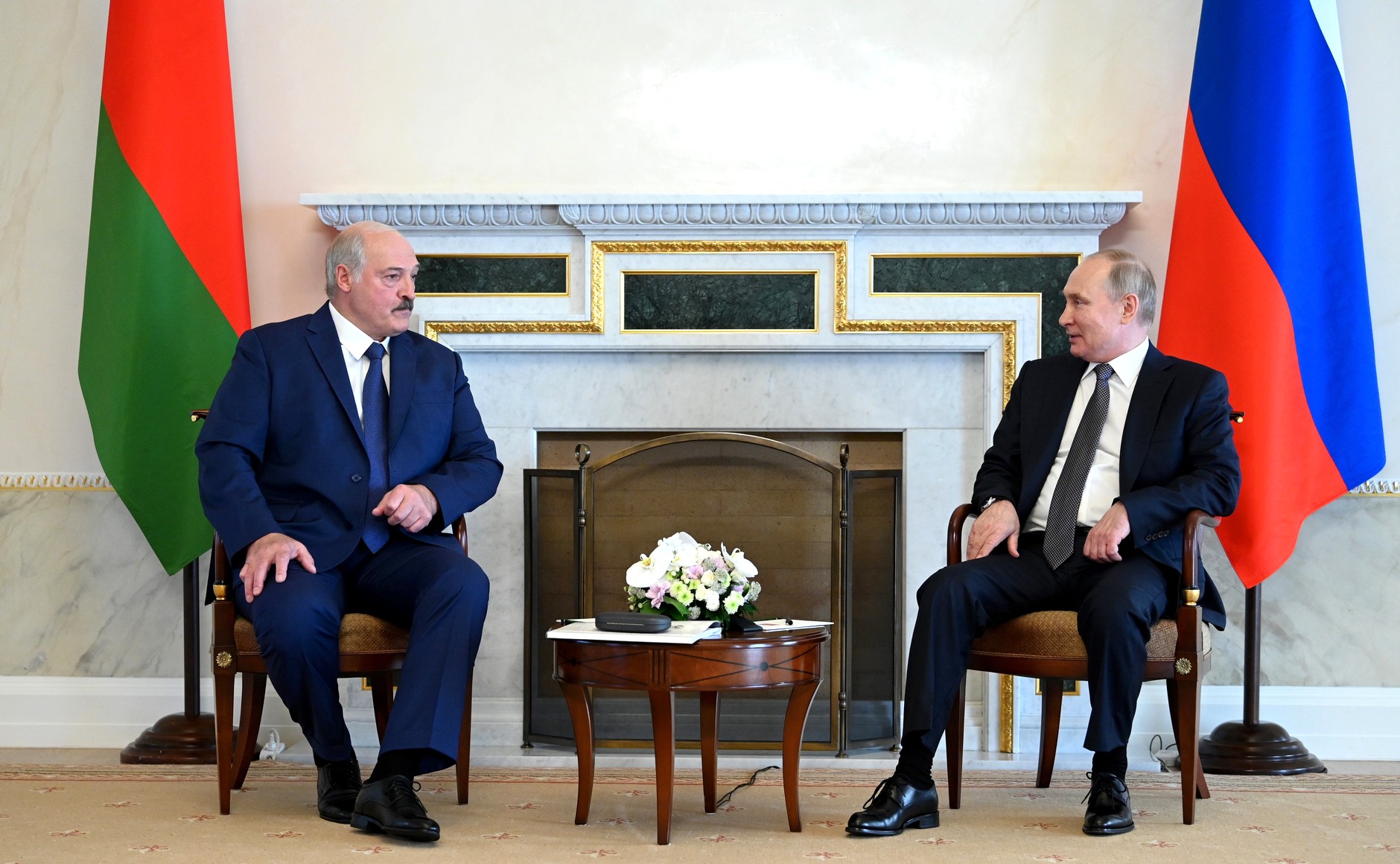A nation must think before it acts.

The Foreign Policy Research Institute (FPRI) prides itself in providing training to its interns in research and policy analysis, editorial skills, and in the field of international relations broadly. FPRI interns have gone on to hold key posts in the US government, including first US Ambassador to Kosovo, Coordinator for Counterterrorism in the State Department, Special Advisor to the Chairman of the Joint Chiefs of Staff, Strategic Advisor to the Commander of Cyber Command, and Undersecretary of Defense.
China’s Belt and Road Initiative in Kenya
Through trade, investment, and strategic diplomacy, China is re-shaping sub-Saharan Africa. Beijing has growing economic ties with Africa’s largest economies and Chinese firms dominate infrastructure construction projects. In 2020, nearly one-third of infrastructure projects in Africa worth at least...
Read more »Educational and Health Issues Affecting Women and Girls in Africa
On March 15th, the Africa Program at the Foreign Policy Research Institute (FPRI) hosted a presentation “Educational and Health Issues Affecting Today’s African Women and Girls.” Moderated by Africa Program chair and retired ambassador Charles A. Ray, it featured...
Read more »Turkey and Israel: A Relationship Unlikely to be Fully Rekindled
In recent months, the phone lines between Ankara and Tel Aviv have been unusually busy. In November, following the release of an Israeli couple that had been detained while vacationing in Istanbul, Israeli President Isaac Herzog rang his Turkish...
Read more »Syrian Thaw? Arab Normalization with Damascus Ahead of the Arab League Summit
As Arab states prepare to reconvene this March for the 37th Arab League Summit in Algiers, one topic looms large over the agenda: the readmission of Bashar al-Assad’s Syria, expelled in 2011. An increasing number of regional players have...
Read more »U.S.-China Sustainable Infrastructure Collaborative Opportunities: Green Partnerships Must Begin in Africa
Implementing sustainable farming practices and infrastructure development in Africa has been an ongoing challenge. Foreign resource extraction operations on the continent offer exchanges of raw materials for capital and critical infrastructure development. These infrastructure projects are crucial for cooperative...
Read more »Finding Convergence in the Afghanistan Withdrawal Debate
As the U.S. withdrawal from Afghanistan came to a close, Americans saw Taliban violence increase as the group took over the country. Was removing the U.S. military presence in Afghanistan the correct policy? Did withdrawing from a vulnerable country...
Read more »The Importance of Joining the Three Seas Initiative for Georgia, Ukraine, and Moldova
As the European Union works to maintain a competitive edge economically against Beijing and Moscow, regional cooperation initiatives throughout Europe have taken center stage. The Three Seas Initiative (3SI) is one such promising example. 3SI launched in 2015 and...
Read more »Examining Belarus’ Growing Reliance on Russia
After the dissolution of the Soviet Union, Belarus was the rare former Soviet state that remained strategically aligned with the Russian Federation. In 1999, Russia and Belarus reached an agreement to become a “union state,” which aimed to create...
Read more »What Can Georgia Learn from Ukraine’s Crimean Platform Summit?
On August 23, the Crimean Platform Summit was held in Ukraine. Announced by Ukrainian President Volodymyr Zelensky, the initiative has the goal of coordinating international efforts to de-occupy the Crimean Peninsula, which was illegally annexed by the Russian Federation...
Read more »Foreign Competition in Guinea: The Scramble for Natural Resources
Often referred to as Guinea-Conakry to distinguish itself from nearby Guinea-Bissau and Equatorial Guinea, as well as the Pacific Island nation of Papua New Guinea, the West African nation of Guinea has an abundance of the world’s most valuable...
Read more »










